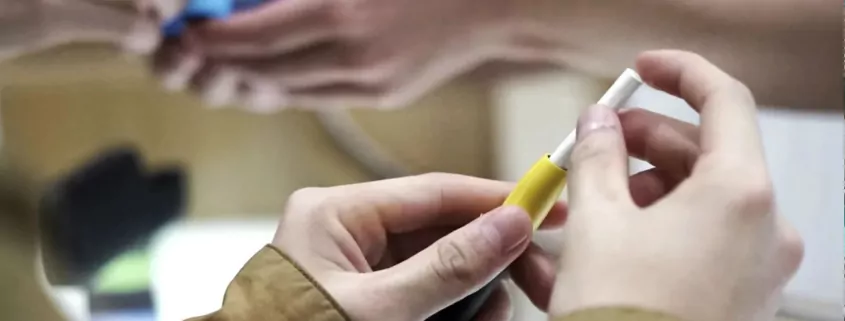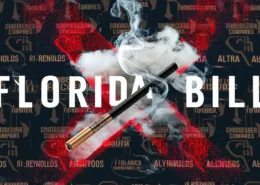South Carolina Debates Heated Tobacco Tax as New Products Emerge
As new forms of tobacco products enter the market, South Carolina lawmakers are grappling with how to tax them appropriately. A recent bill proposes creating a three-tiered system for taxing tobacco products, with heated tobacco falling into a category taxed at less than half the rate of traditional cigarettes.
Heated tobacco products, which heat tobacco leaves rather than burning them like cigarettes or heating liquid like e-cigarettes, are not yet sold in South Carolina. However, one such product made by Philip Morris International is already available in Texas, and the company aims to expand sales to other states, including South Carolina.
Supporters of the bill, such as Rep. Gil Gatch (R-Dorchester), argue that heated tobacco products offer a less harmful alternative for smokers trying to quit, as they mimic the sensory experience of smoking while potentially reducing health risks. Gatch believes taxing these products at a lower rate could encourage smokers to switch to a safer option.
However, anti-tobacco groups like the American Cancer Society oppose the measure, contending that all tobacco products pose health risks and should be taxed equally. Beth Johnson, a representative from the organization, urged lawmakers to tax heated tobacco at the same rate as traditional cigarettes, noting that pricing is an effective tool for preventing and reducing tobacco use, particularly among young people.
Some lawmakers expressed skepticism about the bill, fearing that promoting heated tobacco as a safer alternative might inadvertently encourage a new generation to become addicted. Rep. Heather Crawford (R-Horry) voiced concern that the public might perceive these products as 95% safer, despite the lack of long-term research on their health effects.
While the bill advanced out of a House Ways and Means subcommittee, its chances of reaching the governor’s desk this year are slim, with only two weeks remaining in the legislative session. As the heated tobacco market continues to evolve, South Carolina’s approach to taxing these products will likely remain a topic of debate.
- Austria Plans to Ban Disposable E-Cigarettes - August 5, 2025
- Vaping vs. THC Drinks: Which Cannabis Option Is Right for You? - August 4, 2025
- Colombia’s New Vape Law: A Reality Check on Enforcement - August 4, 2025








